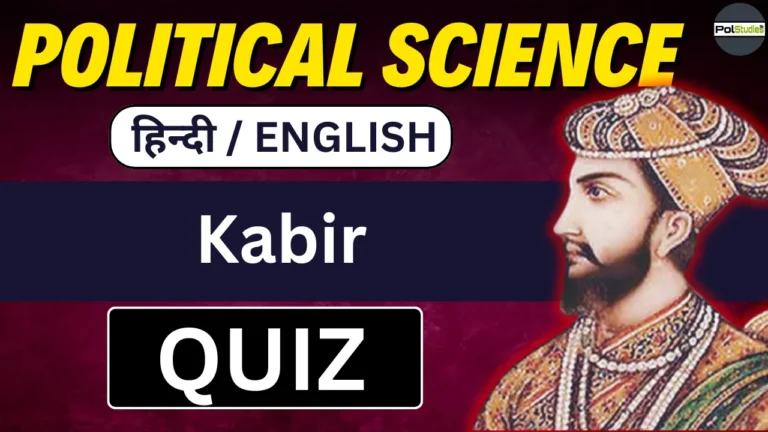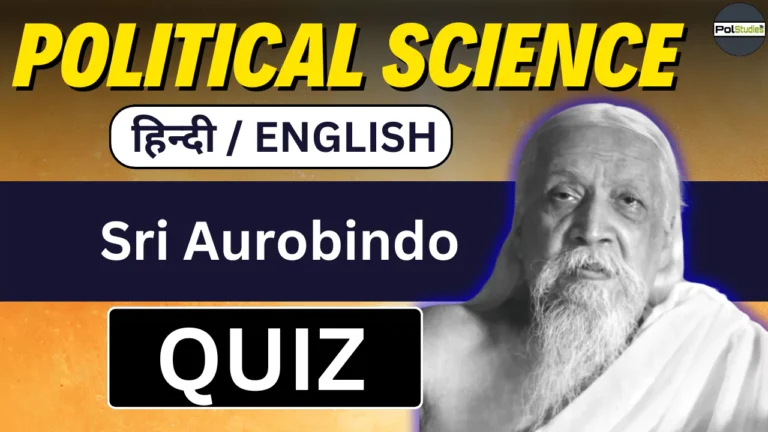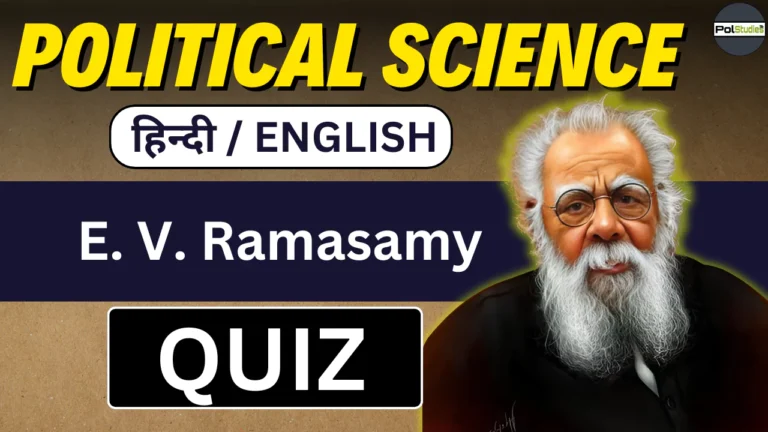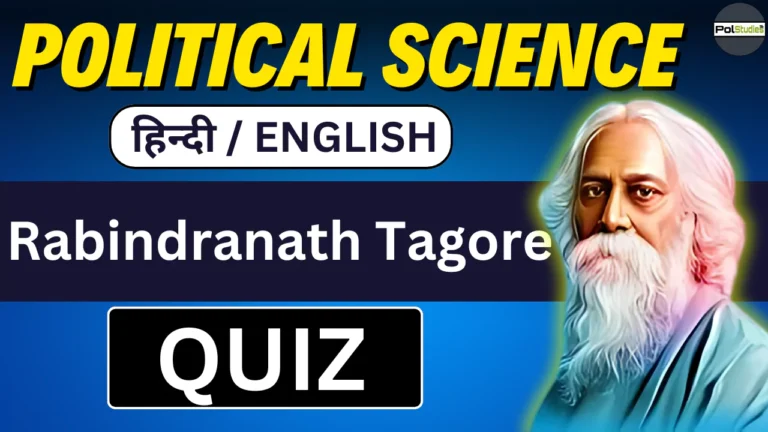Jawaharlal Nehru Major Theories | Notable Works | UGC NET | CUET-PG
1. Introduction:
Jawaharlal Nehru (1889–1964) was a central figure in the Indian independence movement, a senior leader of the Indian National Congress, and the first Prime Minister of independent India. A highly educated and visionary leader, Nehru played a pivotal role in shaping modern India’s political and economic structure.
He was also a philosopher-statesman, a prolific writer, and a promoter of scientific and rational thinking. Known affectionately as “Chacha Nehru”, he had a deep affection for children.
Whatch on YouTube
2. Major Theories and Political Ideas:
Nehru’s political thought rested on several core ideas:
(a) Democracy and Secularism:
- Nehru was deeply committed to parliamentary democracy and secularism.
- He strongly believed that religion should be separated from the state, and the state should treat all religions equally.
- He aimed to build a pluralistic society free from communalism and caste discrimination.
(b) Democratic Socialism:
- Nehru’s socialism was democratic, not Marxist. It advocated for state intervention in the economy to ensure social justice.
- He promoted economic planning, leading to the establishment of the Planning Commission and Five-Year Plans.
- He supported a mixed economy where both the public and private sectors coexisted.
(c) Scientific Temper:
- One of Nehru’s hallmark contributions was the emphasis on developing a scientific outlook among the Indian populace.
- He believed that reason, logic, and evidence-based thinking should guide public policy and education.
- Institutions like IITs, ISRO, and scientific research centers were promoted during his tenure.
(d) Non-Alignment Movement (NAM):
- In foreign policy, Nehru was the chief architect of the Non-Aligned Movement, which sought to keep India neutral during the Cold War.
- His vision was of a world order based on peace, cooperation, and sovereignty of all nations.
3. Major Works of Jawaharlal Nehru:
| Title | Description |
|---|---|
| The Discovery of India | Written during his imprisonment (1942–46), this is Nehru’s most famous work. It traces the cultural, philosophical, and historical evolution of India. |
| Glimpses of World History | A collection of 196 letters written to his daughter Indira Gandhi, presenting world history in a narrative and engaging style. |
| An Autobiography (Toward Freedom) | An introspective work where Nehru reflects on his personal life, political journey, and ideological evolution. |
Quiz in English
4. Education and Influences:
- Education: Educated at Harrow School, Eton College, and Trinity College, Cambridge. Later studied law at Inner Temple, London.
- Influences: Nehru was deeply influenced by Mahatma Gandhi, particularly in his early political career — though he later diverged toward modernist, secular, and socialist ideals.
Quiz in Hindi
5. Legacy and Contribution:
- Architect of modern India.
- Laid the foundation for institutions of higher learning, planning, and industrialization.
- Championed values of democracy, secularism, and international peace.
- Created a framework for India’s non-aligned foreign policy and mixed economy.
Conclusion:
Jawaharlal Nehru was not just a political leader but also a visionary thinker whose ideas continue to influence Indian politics, foreign policy, and social development. His commitment to democratic values, scientific thinking, and inclusive nationalism marked him as one of the most important political philosophers of modern India.







